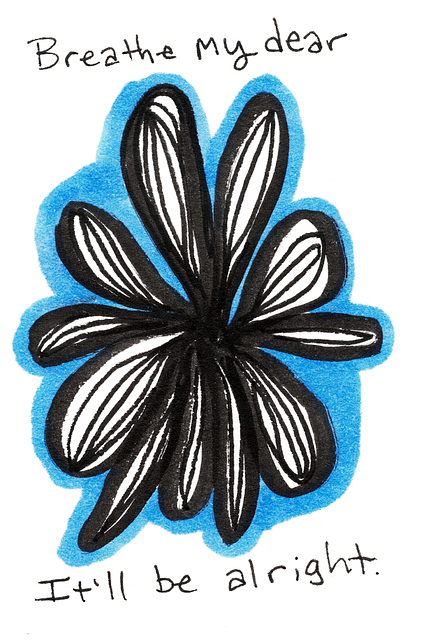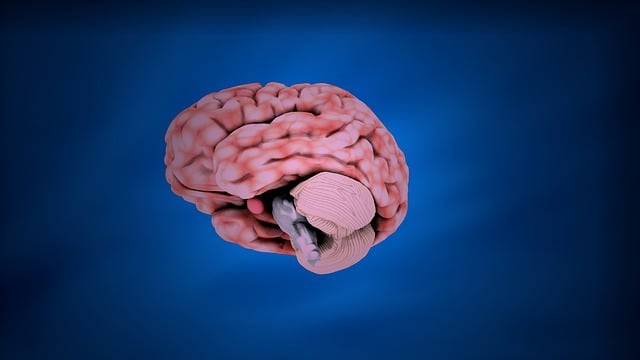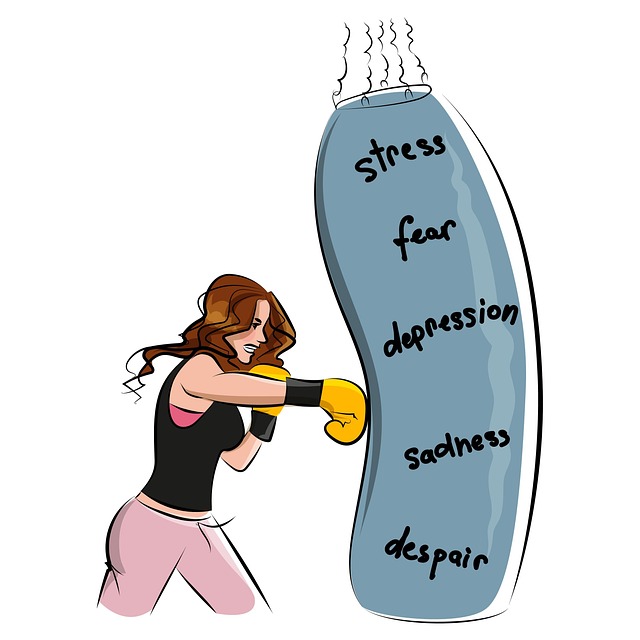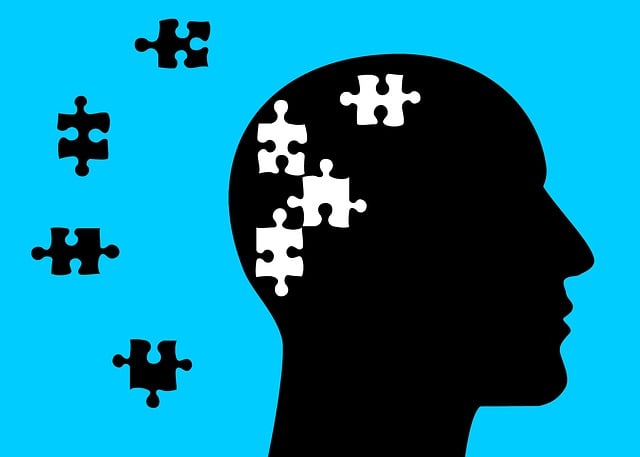The media's portrayal of mental health significantly shapes public perception, either positively by fostering understanding and reducing stigma through accurate, empathetic representation, or negatively by perpetuating misconceptions. Effective strategies like highlighting recovery journeys through therapy for adults trauma normalize conversations, offer crisis intervention guidance, and inspire empathy among viewers. This encourages individuals experiencing similar challenges to seek support, ultimately improving mental health awareness and well-being. By integrating therapy for adults trauma into narratives, filmmakers and writers can humanize characters with mental health issues and promote valuable insights into self-esteem improvement and conflict resolution techniques. Community outreach programs inspired by media representations bridge the gap between fiction and real-life support systems, fostering empathy and encouraging help-seeking behaviors, improving access to mental health services. Therapy for adults trauma is a powerful tool for healing and personal growth, with evidence-based approaches like CBT, EMDR, and TF-CPT promoting long-term emotional well-being. Integrating these therapies into public awareness campaigns destigmatizes mental health issues, encouraging more people to seek the support they need.
Mental illness representation in media plays a pivotal role in shaping public perception and promoting mental health awareness. This article delves into the profound impact of media portrayal, exploring how it influences societal attitudes towards various mental health conditions. We present effective strategies for accurate representation in popular culture and highlight the critical role of therapy, especially in supporting adults with trauma. By understanding these dynamics, we can foster more empathetic narratives and enhance access to services like therapy for adults trauma.
- Understanding the Impact of Media Portrayal on Mental Health Awareness
- Exploring Effective Strategies for Accurate Representation in Popular Culture
- The Role of Therapy in Promoting Positive Change: A Focus on Adult Trauma Support
Understanding the Impact of Media Portrayal on Mental Health Awareness

The media plays a significant role in shaping public perception about mental health. Accurate and empathetic representation can foster understanding and reduce stigma, encouraging individuals to seek support. Conversely, negative or stereotypical portrayals can perpetuate misconceptions, leading to further isolation for those struggling with mental illness. Media has the power to influence attitudes, triggering either hope or fear based on the stories shared. By presenting diverse narratives, including personal journeys of recovery through therapy for adults trauma, media can offer crisis intervention guidance and inspire empathy among viewers.
Effective communication strategies in media, such as highlighting inner strength development, can normalize conversations about mental health. Portraying characters seeking professional help and engaging in therapeutic practices can send a powerful message that recovery is possible. This, in turn, may motivate viewers experiencing similar challenges to reach out for support and explore suitable treatment options, like therapy for adults trauma, ultimately contributing to improved mental health awareness and well-being.
Exploring Effective Strategies for Accurate Representation in Popular Culture

In recent years, there has been a growing recognition of the impact media representation has on shaping societal perceptions of mental health. Popular culture plays a significant role in educating and influencing public attitudes, making accurate portrayal crucial for challenging stereotypes and promoting understanding. By presenting complex characters with authentic experiences, filmmakers and writers can contribute to a more nuanced discussion about mental illness. One effective strategy is to integrate therapy for adults trauma into narratives, showcasing the healing process and the diverse paths to recovery.
This approach not only humanizes individuals with mental health challenges but also offers valuable insights into self-esteem improvement and conflict resolution techniques. Community outreach program implementations inspired by such media representations can further bridge the gap between fictional stories and real-life support systems. Ultimately, responsible storytelling has the potential to foster empathy and encourage help-seeking behaviors, ultimately leading to improved access to mental health services.
The Role of Therapy in Promoting Positive Change: A Focus on Adult Trauma Support

Therapy plays a pivotal role in promoting positive change for individuals dealing with adult trauma. It offers a safe space for clients to explore their experiences, process emotions, and develop coping strategies. Through evidence-based approaches, therapists help clients challenge negative beliefs, improve self-esteem, and cultivate resilience. This supportive environment facilitates healing and empowers individuals to reclaim their lives.
Focusing on therapy for adults trauma involves tailored interventions such as cognitive behavioral therapy (CBT), eye movement desensitization and reprocessing (EMDR), and trauma-focused cognitive processing therapy (TF-CPT). These techniques not only alleviate symptoms but also foster emotional well-being promotion techniques that can be life-changing. Furthermore, integrating these therapeutic approaches within public awareness campaigns development can help destigmatize mental health issues and encourage individuals to seek trauma support services when needed.
Mental illness representation in media plays a pivotal role in shaping public perception and understanding of mental health. By adopting effective strategies that prioritize accuracy, empathy, and nuanced storytelling, we can challenge negative stereotypes and foster greater awareness. The exploration of therapy, particularly for adult trauma support, emerges as a powerful tool to promote positive change. Through thoughtful portrayal in popular culture, media has the potential to revolutionize how society views and treats mental health conditions, ultimately encouraging more open conversations and improved access to quality care, including Therapy for Adults Trauma.










